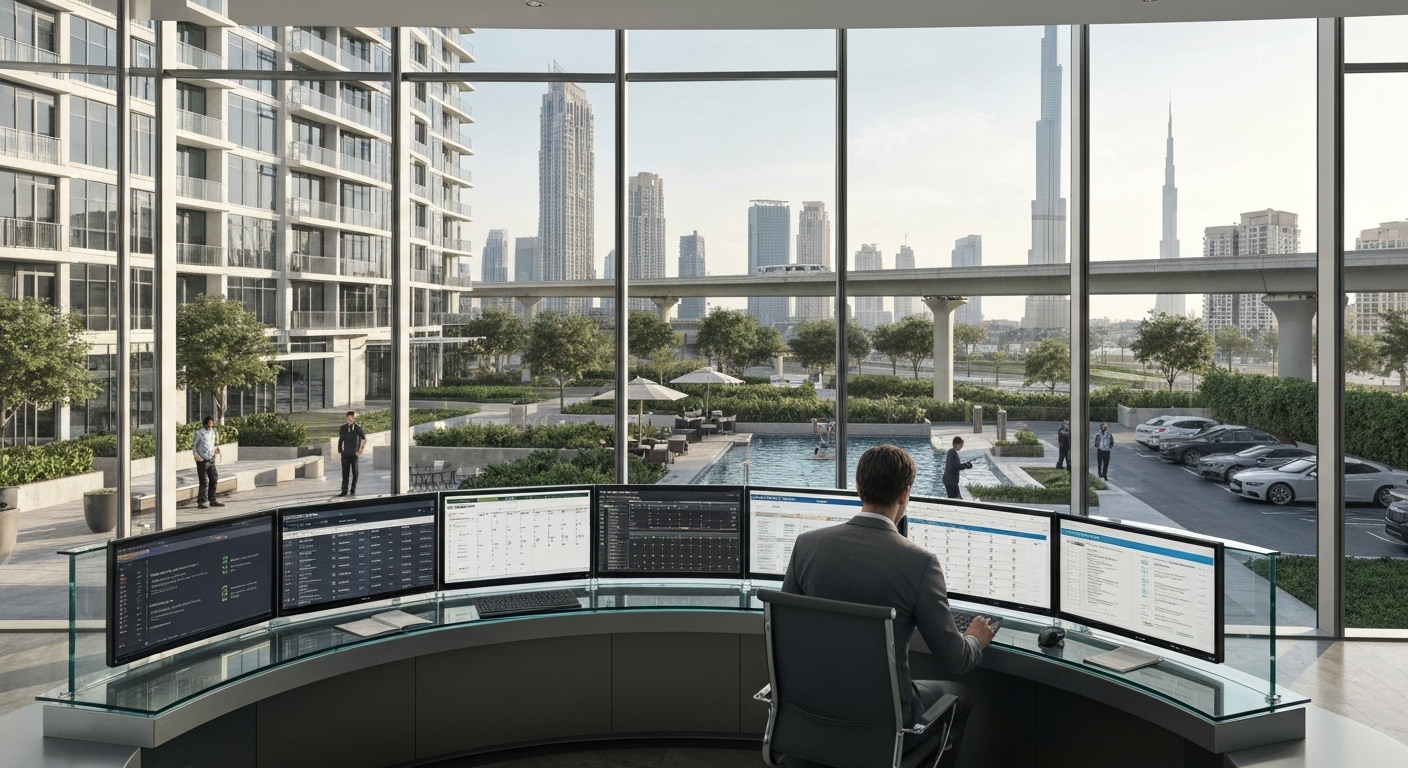To answer the question of the best way to get high rental income from a Dubai property as an expat landlord, you must consider the nuances of the local rental market, select the right assets, and manage your investment for sustainable, long-term returns. This guide offers actionable insights tailored precisely for expatriate landlords seeking to maximize their yields in the dynamic Dubai property market.
Understanding the Dubai Rental Market Landscape for Expats
As an expat landlord, navigating the Dubai rental market begins with an understanding of its unique characteristics. Dubai consistently attracts a diverse tenant base due to its status as a global business hub and a tourist destination. The city’s rental yields remain robust, with prime areas like Dubai Marina, Downtown Dubai, and Jumeirah Village Circle attracting strong tenant demand and offering stable rental income streams (https://www.bayut.com/news/dubai-rental-yield-report-2023/).
Legal frameworks in Dubai are investor-friendly, and foreign ownership is widely permitted in designated freehold zones. The Real Estate Regulatory Agency (RERA) provides clarity on landlord and tenant rights, and the Dubai Land Department makes transactions, including remote ones, accessible to landlords based abroad (https://www.dubailand.gov.ae/en/news-media/frequently-asked-questions/#). Rental contracts are typically renewed annually, and recent digital advancements allow remote contract renewals and property management—an advantage for landlords based outside the UAE.
Selecting High-Yield Properties: Location, Type, and Demand
The best properties for high rental income blend strong location fundamentals, tenant demand, and long-term capital growth potential. As an expat landlord, focus on established neighborhoods like Jumeirah Lake Towers, Business Bay, and new communities such as Dubailand and Arjan, where Danube Properties has several ongoing projects . Properties in proximity to the Dubai Metro, business districts, and lifestyle amenities attract premium tenants, resulting in above-average yields (https://www.propertyfinder.ae/blog/dubai-best-rental-yields-locations/).
Studio and one-bedroom apartments typically offer higher gross yields—often in the 6-8% range—compared to larger family homes (https://www.thenationalnews.com/business/property/2023/03/28/best-areas-in-dubai-for-high-rental-returns/). Short-term rental options, enabled by Dubai’s supportive regulatory environment, can also boost annual income, provided you follow all licensing requirements.
Evaluating Tenant Demand and Market Trends
Before purchasing, analyze local supply-demand dynamics and upcoming infrastructure projects that may influence rental potential. Seek current data on occupancy trends, rental rates, and upcoming developments. Consider properties with modern amenities, security, and convenience, as these factors strongly influence expat tenant preferences. Partnering with a reputable property developer or advisor ensures you tap into ongoing market intelligence and avoid costly missteps.
Optimizing Your Property for Maximum Rental Appeal and Value
To consistently command higher rents, present your unit in top condition and maintain it proactively. Upgraded interiors, modern appliances, and smart home features such as digital locks and energy-efficient lighting are increasingly in demand among the Dubai expat community (https://www.gulfnews.com/business/property/make-your-home-stand-out-1.1657873109003/). Professionally staged, fully furnished units—especially in prime locations—generally achieve shorter vacancy periods and yield higher rental rates.
Regular maintenance, timely repairs, and professional cleaning ensure positive tenant experiences and reduce turnover. Consider providing added services such as on-call maintenance or flexible payment terms, popular with international tenants. These small investments can result in higher occupancy rates and enable premium pricing.
Navigating Legalities and Regulations: What Expat Landlords Need to Know
Dubai’s rental regulations are transparent, but expat landlords must remain compliant to protect their interests. Ensure all contracts are registered via the Ejari system, which formalizes agreements and aids in legal dispute resolution. Understand notice periods, renewal procedures, and circumstances where rent increases are permitted according to RERA’s rental index. Non-compliance can lead to penalties or loss of rental income.
If you reside abroad, granting a Power of Attorney to a trusted agent in Dubai permits smooth handling of official transactions and tenant interactions. Always consult with a local real estate legal advisor to stay updated on regulatory adjustments and compliance requirements.
Conclusion
The best way to get high rental income from a Dubai property as an expat landlord is to select well-located, in-demand properties, maintain premium standards, and stay compliant with local laws for maximum yields. A proactive, informed approach—supported by experienced local partners—ensures your investment thrives, regardless of your location. For tailored guidance on Dubai property investment, contact Danube Properties to learn more.




